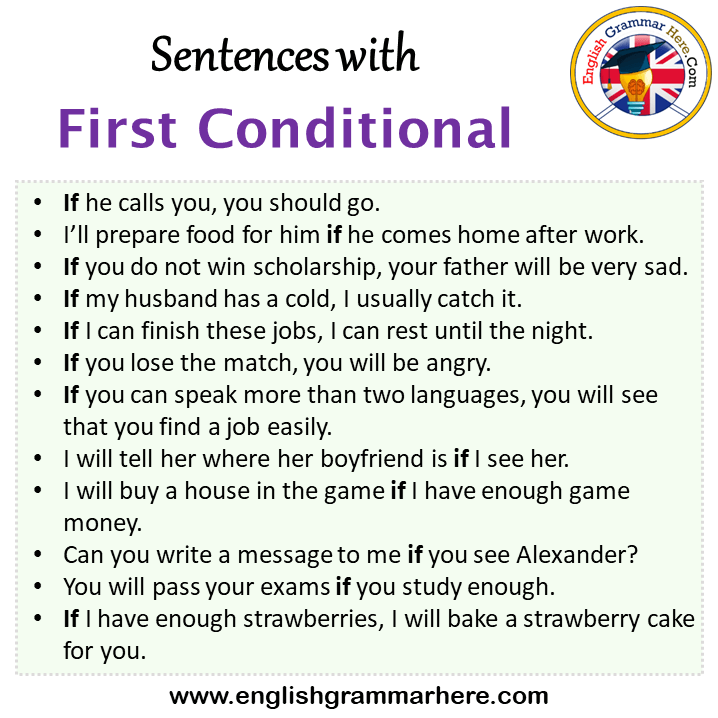In English grammar, the first conditional is used to talk about future events that are likely to happen based on a certain condition. It is a common structure used in everyday conversations and writing to express possibilities and outcomes. By mastering the first conditional, you can effectively communicate your thoughts and ideas about potential future scenarios.
Before diving into the specifics of the first conditional, it’s important to understand the basic structure of this grammar form. The first conditional consists of two clauses: the ‘if’ clause and the main clause. The ‘if’ clause expresses the condition that must be met for the main clause to happen. The main clause, on the other hand, describes the likely outcome if the condition is fulfilled.
First Conditional Structure
In the first conditional, the ‘if’ clause is usually in the present simple tense, while the main clause is in the future simple tense. For example, “If it rains, I will bring an umbrella.” In this sentence, the present simple tense ‘rains’ in the ‘if’ clause indicates the condition, while the future simple tense ‘will bring’ in the main clause shows the likely outcome.
It’s important to note that the order of the clauses can be reversed without changing the meaning of the sentence. For instance, “I will bring an umbrella if it rains.” Both sentences convey the same message of a future event contingent on a specific condition.
Furthermore, the first conditional can also be used to give advice or make suggestions. For example, “If you study hard, you will pass the exam.” This sentence implies that studying hard is the condition for passing the exam, offering advice on how to achieve a desired outcome.
Overall, mastering the first conditional grammar is essential for effective communication in English. By understanding the structure and usage of this grammar form, you can confidently express future possibilities and outcomes based on specific conditions. Practice using the first conditional in your conversations and writing to enhance your language skills and convey your thoughts accurately.
So next time you want to talk about potential future events and their likely outcomes, remember to use the first conditional to express your thoughts clearly and effectively.
